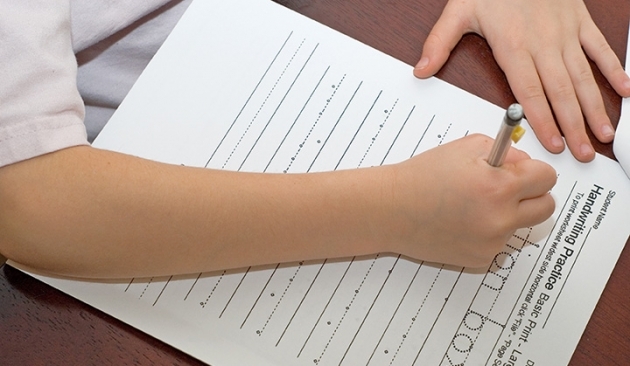Homework is an essential part of a student's life, and the first time a child gets a taste of it is usually at Grade 1 of Primary School. Schools in South Africa emphasize the need for it, as it increases knowledge, improves and reinforces abilities and skills, and heightens the child's success rate.
Some parents have raised concerns over whether, particularly at Primary school level, children should be given homework at all. As most children spend around six hours a day at school, and then a further hour or two doing extracurricular activities, is it really fair to expect them to do more when they finally arrive home?
There are no clear guidelines from the Department of Education on just how much homework children are expected to do. At Primary school level, international research has concluded generally that in Grade 1, spending ten minutes on homework is sufficient. At Grade 2 it's 20 minutes, Grade 3, 30 minutes, etc. By the time your child reaches High School, he/she should be able to sit quietly for over an hour and complete their homework with ease, as by this time, they would have gotten used to the extra work.
At the beginning of your child's school career, even as early as Grade R, a parent should start preparing a child for extra work. Taking five minutes to ask what they've learned at school will start the cognitive process of summarizing what they've done on that day.
Choosing a quiet place for homework with plenty of space will also put the child in that 'homework zone.' Siblings, TV and any other distractions should be avoided. Go through the tasks the child has to complete, choose the order at which they should be completed (give the child the option of what subject they'd like to do first to build up self-confidence). The most important thing a parent can do is to sit through this homework time with their child.
It's easier said than done, this is true. However, at Grade 1 level, the ten minutes spent on the homework should not take up too much of your own time. If the child does not require too much attention i.e. they can complete parts of the homework with relative ease, sitting next to the child and doing your own 'homework' (like accounts, or simply reading the paper) will instill in the child a positive attitude towards this extra work. By the end of Primary School, both parent and child should have eased into a good routine.
If you are not capable of spending time with your child during this important phase, it might be worth your while to get help from an outside source. Tutors are available in most central areas. If you and other parents from the school feel that the work load is truly too much for the children to cope with, negotiating with the school and teachers is a good option. If everyone is in agreement about the workload, chances are the school body will listen.
There are many difficulties facing parents in the dynamic that is the South African education system. With parents trying to make ends meet, working long hours, problems with language, unqualified teachers, lack of proper text books and stationary, it is almost laughable that parents are expected to help their children with homework. That being said, do try and do your best to help them in whatever way you can at home; the positive outcomes far outweigh the challenges.
- written for Schoolguide.co.za by Sandra Buckingham



